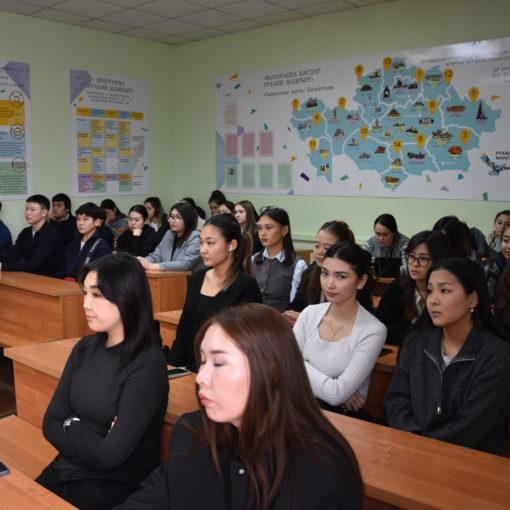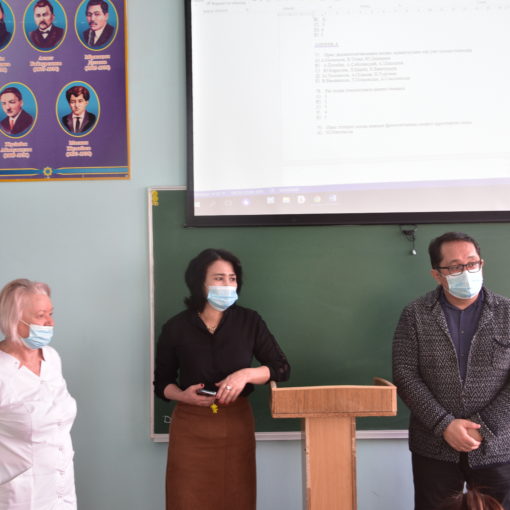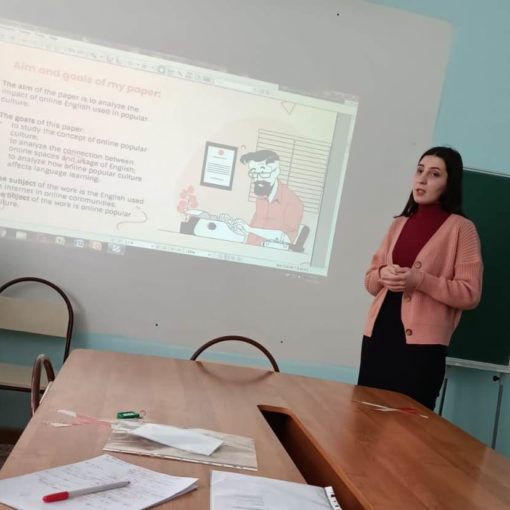“Listen to the radio — the rest is an illusion.”
Sergey Buntman
Radio has been a part of my life since childhood: it began with the loudspeaker of a small radio set at my grandmother’s house. Then, it was the magnificent and unmatched Soviet radio receivers – the homey and unpretentious ‘Okean-205,’ the portable and beloved ‘Elektronika,’ the proud and stern ‘VEF-202’; the marvel of Chinese engineering, the ‘Huashi HS 202,’ and, finally, an incredible acquisition – a cassette player I inherited from my uncle, which I still use today. Whether I want to reminisce about the crackling sounds of medium wave or listen to a distant voice – like China International Radio on the medium wave band – it’s always there.
But, that’s beside the point. In reality, the world of radio is quite extensive and far from limited to what we commonly understand as ‘radio.’ It encompasses communication, tools, and methods for transmitting data – from voice to images, from dusty bytes to, ultimately, the grandeur of the Internet. Yes, you heard it right, the Internet is directly related to radio communication, albeit on different wavelengths, and it transmits not actual waves, but packets of information, consisting of zeroes and ones.
However, this issue also has a flip side – the people who create informational content. Without them, we would never know the weather in Karaganda, the beautiful music composed by Sir Paul McCartney, or the current exchange rate of the British pound. In other words, radio is a trinity – a method, people, and information. So, let’s briefly discuss each of them.
The method – in this particular case, the hardware and theoretical aspects of the phenomenon. Here, we recall the remarkable talent of Heinrich Hertz, the beginnings of electromagnetism by Michael Faraday, the mathematical theory by James Maxwell, the inventiveness of Alexander Popov, the patents of Guglielmo Marconi, and the god of antenna engineering, Karl Rottamhely, without whom any radio receiver would be nothing more than an assembly of expensive transistors.
People. Without them, nothing sounds, and without them, it’s impossible to create that atmosphere of closeness and uniqueness. In the 21st century, names like Yuri Levitan, Victor Tatarsky, Vadim Sinyavsky, Nikolay Ozerov, or Victor Balashov mean nothing to today’s generation. In my time, they were replaced by radio journalists in the Russian departments of foreign radio stations – Margarita Kaltz, Vladimir Fradkin, Alexander Varketin, Yefim Shuman, Anastasia Rakhmanova, Andrey Gorokhov, Irina Makridova, Yuri Gurman, Sergey Karlov, Sergey Lapitsky, Olga Maxe, Daniel Pasternak, Evgeny Sokolov, Georgy Bogolepov, Maya Kaminskaya, Seva Novgorodtsev, Alexander Danilin, Boris Grebenshchikov, Alexei Venediktov, Natalia Basovskaya, Evgeny Kiselev, Sergey Dovlatov, and other hosts whose voices were like magnets drawing you to the radio. You eagerly listened to everything they talked about or commented on, spoke, reported, shared memories, reflections, ideas, and experiences.
Many of them were and still are exceptional language experts, skilled translators, talented writers, poets, sound artists, educators, economists, musicians, political analysts, historians, individuals of diverse interests and talents, and, most importantly, professional reporters and journalists. They have the knack for finding a subject, presenting their perspective on an event, providing an assessment, and captivating the listener – engaging them in a dialogue, making them co-authors of the program, and charming the listener, making them, if I may put it this way, a tamed or stuffed-toy lion. Radio is magic! Or, no, not quite…it’s maaaggggiiiiic. You don’t believe me? Really? Well then, you still don’t know what radio is all about.
With a soft click, you adjust the tuning dial of the variable capacitor, and the carriage glides gently on the tuning scale, as if drawn by an unknown force, hovering over the magical digits and letters. It imparts an indescribable feeling – a sense of freedom and independence, a connection to a mystery, or to something so incredibly familiar that you cannot tear yourself away.
The third pillar is information. Let’s remember this word. It’s what you and I hear, what announcers or hosts read, and how it is presented to us. The trinity – the written, the spoken, and the absorbed word. There should be an impression, even more so, there should be an aftertaste; when the material is heard, it must be – imprinted in memory. In other words, to create content that is inseparably linked to the host, the narrative, and the listener.
As we conclude another piece, it’s worth acknowledging that despite the ever-increasing capabilities of modern media, when it comes to classics, no computer can infuse the soul with the same sense of wonder that anyone even remotely familiar with literature or music experiences. People will listen, marvel, dedicate books and films to it. The person receiving Morse code in the darkness of an Antarctic night, amid eternal winter and darkness, will remain the epitome of romance and a true philosopher, loving life and all of humanity – regardless of the distance, the roar of the blizzard, and the whisper of ocean waves emanating from the speakers. Let us remember John Donne:
Man is not an isle amidst the sea,
He’s but a part of continents we share,
In the grand choir, every voice to be,
Is heard by Time’s eternal river’s care….
If my impressions have made a small contribution to the treasury of your knowledge or understanding, I am genuinely pleased, and I would like to add that two years ago, in the year of the 100th anniversary of Kazakh Radio, the President of the country, Kassym-Jomart Tokayev, declared October 1st as Radio Workers’ Day.
The chosen date itself was not coincidental – the first radio broadcast was heard in our country in October 1921, and for our republic, radio played a significant role in societal development. I hope that our shared endeavor with the students will have a profound impact on the younger generation, making the world a more interesting and brighter place!
Senior Teacher of the General Educational Disciplines Department, S. Yu. Smirnov,
for the friends of the Internet radio





